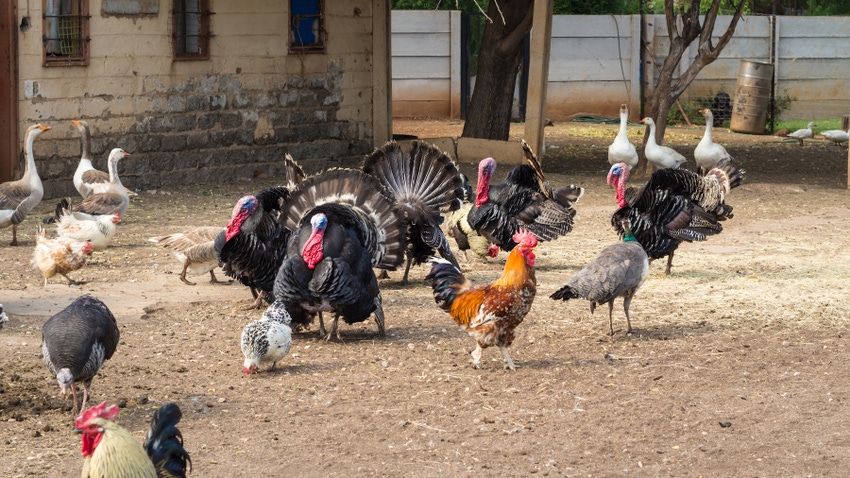
Trade Representative Katherine Tai announce Friday that the U.S. and India have resolved a longstanding World Trade Organization poultry dispute. As part of the agreement, India agreed to reduce tariffs on frozen turkey and frozen duck. India will also reduce tariffs on fresh blueberries and cranberries, frozen blueberries and cranberries, dried blueberries and cranberries and processed blueberries and cranberries.
The announcement coincided with the G20 Leaders Summit in New Delhi. President Joe Biden and Indian Prime Minister Narendar Mody met Friday to discuss issues facing the two nations. That followed an August meeting between Tai and India’s Minister of Commerce and Industry Piyush Goyal in which they both expressed a desire to resolve the dispute.
“Resolving this last outstanding WTO dispute represents an important milestone in the U.S.-India trade relationship, while reducing tariffs on certain U.S. products enhances crucial market access for American agricultural producers,” Tai says. “These announcements, combined with Prime Minister Modi’s state visit in June and President Biden’s trip to New Delhi this week, underscores the strength of our bilateral partnership. I look forward to continuing to work with Minister Goyal to deliver inclusive economic opportunities for our people.”
Poultry industry leaders praised the decision. National Turkey Federation president and CEO Joel Brandenberger said the move creates an important new market for turkey producers. He says it will also give Indians more affordable access to a “nutritious, delicious protein.”
USA Poultry & Egg Export Council president CEO Greg Tyler calls the decision a “positive action.” He thanked government officials for their ongoing efforts to increase access for U.S. poultry and egg products in India.
“The lowering of tariffs on turkey meat and for some duck exports is a great success,” Tyler says. “We hope that in the future we are able to gain better access for chicken and to expand access for duck as well, which can help to further address the protein needs of Indian consumers.”
About the Author(s)
You May Also Like






